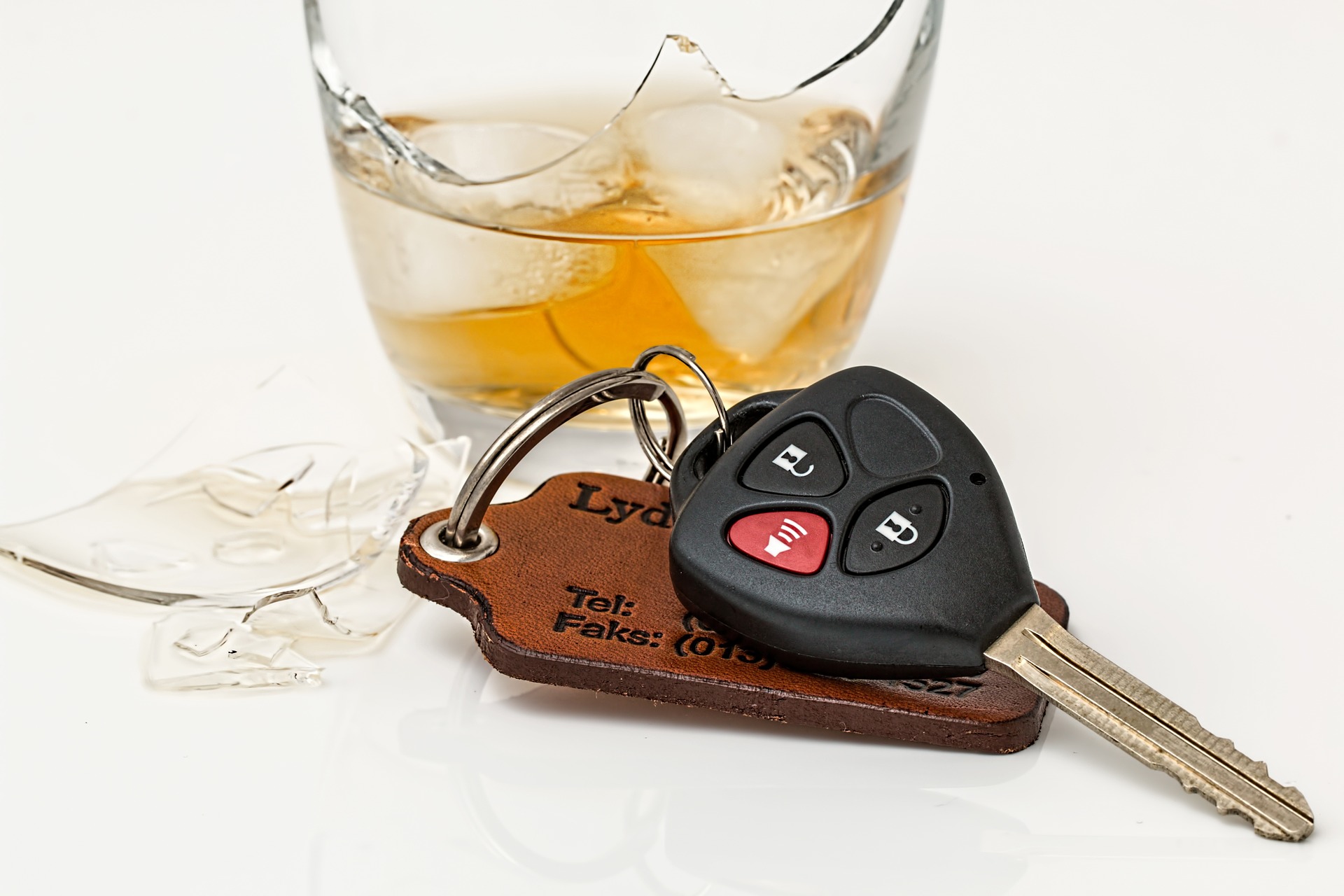The holidays are here, which means dinners, get-togethers, parties and all-around fun! We typically over-indulge during the holidays, but the temptation to make up for last year when the province was locked down could lead to more bad decisions than usual.
If you’re arrested for DUI over the holidays, don’t make the mistake of representing yourself or waiting too long before you hire a Toronto criminal defence lawyer. The sooner you get a lawyer involved, the more time they have to look into your case for mistakes made by the police or Crown and file motions to dismiss if there are any.

Use this guide as a quick reference to your rights during a RIDE spot check, a summary of DUI laws and penalties if you fail a roadside sobriety test.
RIDE Program Spot Checks
One thing you can be sure of this holiday season is that police spot checks will be in full effect. These are the rights police have and don’t have regarding the RIDE program:
Do not back up or pull a U-turn if you see a RIDE spot check! Police are on the lookout for people who do just that and have backup units on standby. They will radio those units when they see someone trying to evade the stop.
It’s also important to know that police don’t need a reason to pull a driver over and demand they provide a breath or fluid sample with the new drinking and driving laws. When they do pull a driver over, these are a few of the signs police look for:
- Driving with an open window in the cold weather.
- Driving with headlights turned off.
- Gum or mint chewing.
- Lack of eye contact.
- Evading questions.
- Leaning away from the window.
- Not opening the window or opening a rear window instead.
- Driving under the influence/ Over 80 – This charge is established when a driver has a BAC (blood alcohol concentration) of 80 milligrams of alcohol for every 100 millilitresof blood. A person can be convicted of this charge even if they’re not driving, as long as they have “care and control” of the vehicle.
- Impaired Driving – An officer can charge someone with impaired driving because they believe the driver’s ability is impaired in some way by drugs or alcohol. The driver does not have to be over the legal limit to be convicted of impaired driving.
- Failing or refusing to provide a breath or fluid sample or perform a sobriety test – You must comply with an officer’s demand unless you have a valid medical condition that prevents you from doing so. The penalties are the same as the other DUI laws.
First offence
If you fail or refuse to take a drug or alcohol test, register a BAC over 0.08 or if a drug recognition evaluator determines that you are impaired, you face roadside penalties of:
- 90-day licence suspension
- 7-day vehicle impoundment
- $550 penalty
- $281 licence reinstatement fee
- Mandatory education or treatment program (for second and subsequent occurrences within ten years)
- Required ignition interlock device for at least six months (for third and subsequent occurrences within ten years)
Don’t take any chances. Plan ahead or use a ride-sharing app and get home safely!

